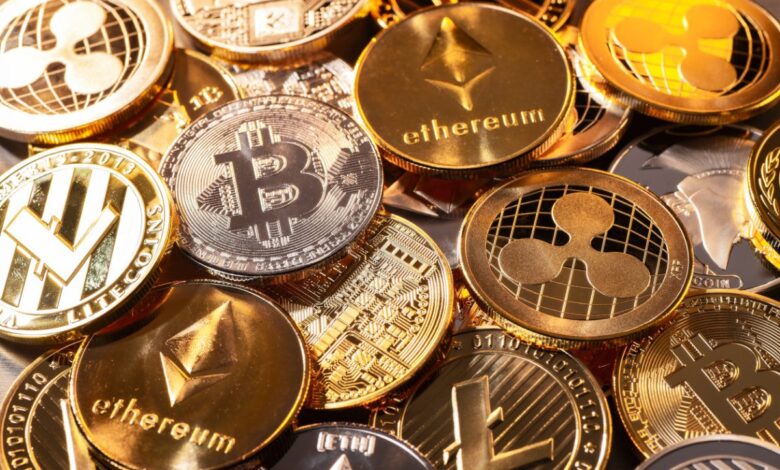
Coindesk published an article this week on how crypto adoption is increasing in the MENA region due to high inflation in several countries. As per the article although several Middle Eastern countries continue to restrict cryptocurrency trading and mining, digital transformation in the region has proceeded at a rapid rate.
The article states that ” Despite the majority of blockchain startups choosing to set up shop in crypto-friendly territories such as the United Arab Emirates (UAE), the next wave of crypto adoption is likely to come from citizens in unstable autocracies, as well as those in countries suffering from crushing inflation – Iran and Lebanon to name but two.”
A template for wider adoption in such countries can be seen in Turkey, where around one in five citizens reportedly own or has owned cryptocurrency. Deputy Minister of Treasury and Finance Sakir Ercan Gul will unveil a fresh legal framework for digital assets in October, with a view to protecting retail investors and tackling money laundering. The Turkish government’s stance on crypto hasn’t always been favorable: In May, a law came into force banning the use of digital assets for payment. Despite such heavy-handed interventions, crypto usage in the country has increased 11-fold in the last year, a consequence of the Turkish lira’s falling value against the dollar.
At present, the country has the fastest inflation in all of Europe and the 13th highest inflation rate on the planet. Little wonder Turks are escaping into stablecoins and deflationary assets like bitcoin, which allow them to retain their purchase power and transact on the international market.
Iran’s economic outlook is just as stark, with inflation running at over 40%. As the cost of everyday items (rice, meat, oil) skyrockets and pushes citizens into desperate poverty, U.S. sanctions have compounded the matter by hitting government coffers hard.
In this unforgiving milieu, a rampant crypto mining industry has unfathomably emerged because of low electricity prices and government support. Two years ago, Iran recognized bitcoin mining and established a licensing system that forced miners to pay a higher tariff for electricity consumption. Another caveat stipulated that miners must sell their mined bitcoins to the central bank. Amazingly, mining in the country now accounts for around 5% of all bitcoin mining worldwide.
Crackdowns in China, meanwhile, have compelled major miners to look at alternatives – with Iran likely to be high on the list, the current ban notwithstanding. While mining is a highly specialized endeavor, Iranians on the ground increasingly see cryptocurrency as both a hedge against the devaluation of the rial and a means of overcoming crippling international embargoes.
Although many crypto services remain off-limits to ordinary Iranians due to geo-blocking, the use of virtual private networks offers a gateway to a panoply of financial tools beyond the government’s purview, particularly those related to lending and borrowing. In addition to facilitating citizens’ escape from crushing inflation and crippling sanctions, cryptocurrency permits them to send and receive money faster and cheaper than ever before.
That is especially relevant in Lebanon because of the diaspora. A recent article in Arabian Business discussed how Lebanese citizens are starting to embrace cryptocurrency, with busy peer-to-peer (P2P) trade taking place over encrypted messaging platforms like Telegram and WhatsApp. That is the logical outcome when the local currency is depressed and acquiring greenbacks is prohibitively expensive.
Although sanctions and know-your-customer rules make the process of purchasing crypto more difficult for people in the Middle East, they are increasingly finding a way to do so. Expect the UAE to continue leading the way from a government and regulatory standpoint; but away from the trading floors and showy skyscrapers, the next wave of users will be common people.





